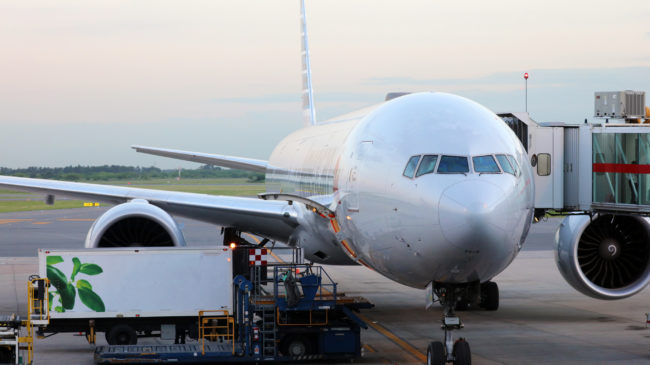As I write this, Republicans and Democrats are at odds over what is now a $1.6 trillion coronavirus-related stimulus bill.
One major point of contention is a $500 billion loan and loan guarantee program, which Democrats are resisting as a “slush fund” for favored businesses, while Republicans defend it as “precise and targeted measures of relief to particularly distressed industries that are at risk of hemorrhaging jobs and closing down if we don’t.”
Major airlines, represented by Airlines for America (A4A), are still holding out for grants in addition to loans, for which their case is very weak. As many critics have pointed out, airlines have been making record profits over the past seven years and have spent their windfalls partly on new planes but also significantly on stock buybacks that add to senior executives’ compensation.
Unlike airports, which operate far more conservatively and maintain large reserve funds (demanded by their bondholders), airlines have done nothing like that, operating balls-to-the-wall as if good financial times would never end. So now they want taxpayers to reward them with grants?
A virtue of the $500 billion loan program in the latest Senate bill is that it is only for loans, not grants. And the loans are to be “at a rate that reflects the risk involved” and “not less than pre-coronavirus interest rates,” and with the duration to be “as short as practicable and in any case not longer than five years.”
These principles are reflective of the wisdom of banker and journalist Walter Bagehot, who in his 1873 book Lombard Street called for governments facing a serious economic crisis to offer loans quickly, at a “penalty rate of interest” and backed by collateral. Bagehot was addressing the possible insolvency of banks, but the point is applicable to the Boeings, airlines, cruise lines, hotels, etc. that are crying for bailouts today.
The point of charging reasonable interest rates and demanding collateral is to separate reasonably well-run firms from those that failed to run their businesses prudently. Taxpayers should not be put at financial risk by lending their money to poorly-run businesses. Of course, the government has taken actions that drastically reduce many businesses’ revenues in the short-term, but that is still no reason to throw caution to the wind and bail out everybody.
Democratic lawmakers’ criticisms of many of the details have some merit and substance, though calling the program a slush-fund is over the top. As The Wall Street Journal editorialized on Saturday, giving the Treasury considerable discretion over who does and does not get loans, and keeping recipient identities secret, is “a recipe for picking winners and losers, and thus for bitter political fights,” such as we are now seeing. The Journal argues for a special facility open to all businesses, “not merely to those the Treasury decides are worthy.”
Boeing, for example, is a huge and valuable company, but it has been poorly managed in recent years. In no way should it be singled out for special treatment, as the current bill does. Similarly, the airlines should not have their own program in the bill.
The coronavirus is a global pandemic and national crisis. Unemployment figures will rise dramatically when released later this week and millions of jobs are at stake throughout the economy. But this is not the time for more crony capitalism. Loans at real interest rates, backed by collateral, are the least-bad approach at the moment.

